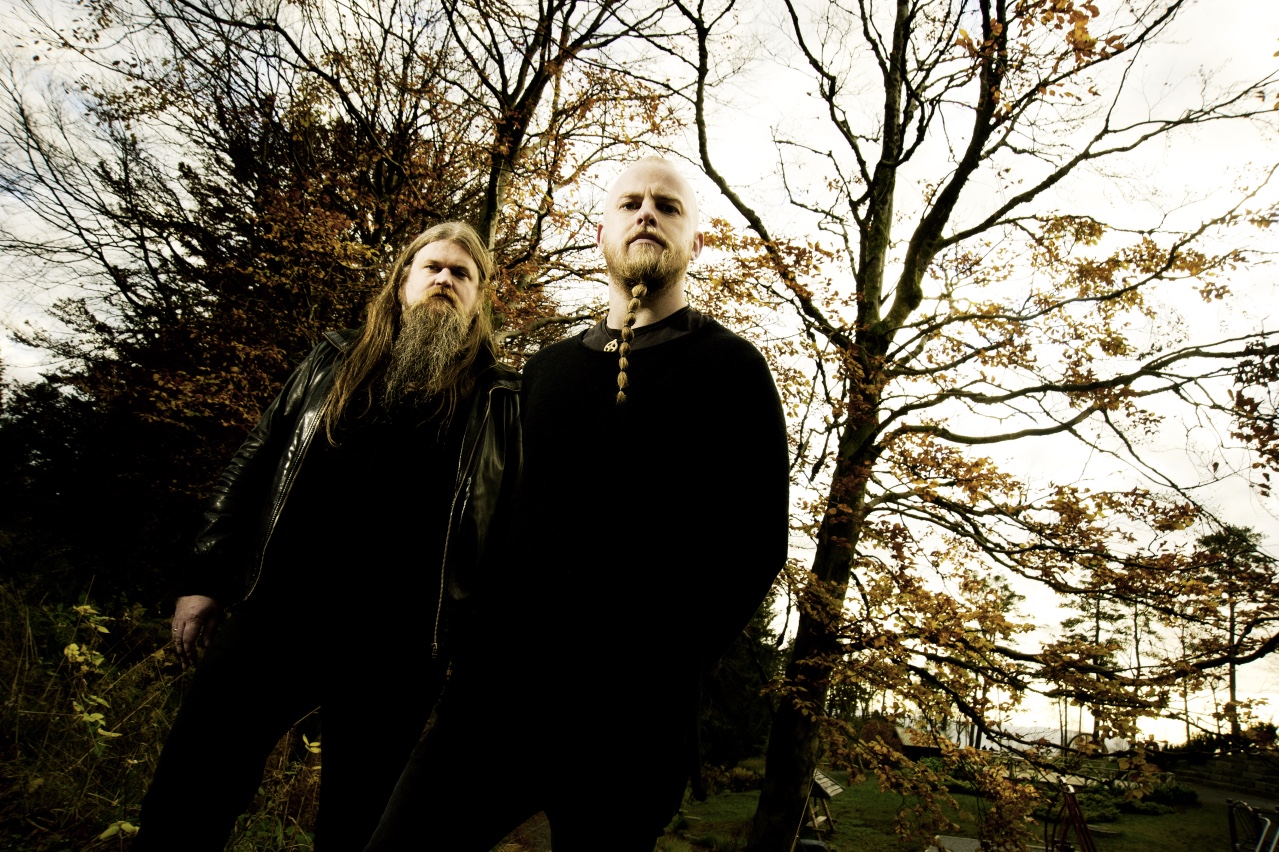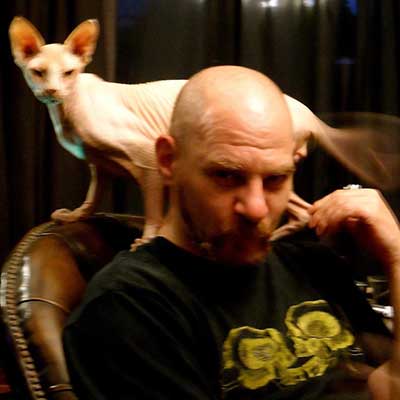Located 50 miles north-east of Oslo, Eidsvoll is a battleground. On the same site where the Raumene tribes held their council 1300 years ago now stands the colonial-style, Eidsavating courthouse and it was here, in 1814, that the Norwegian constitution was adopted and signed. In true modern Norwegian style, it combined a liberal outlook with a distinctly pious air, reducing the king’s powers yet cementing Christianity – the system that was brutally enforced on the population at the turn of the first millennium, thanks in no small part to the tyrant Olaf II Haraldsson – as the national religion. “The Evangelical-Lutheran religion remains the public region of the State,” it proclaimed. The bit about no Jews or Jesuits was quickly dropped.
While the country is celebrating the constitution’s 200th anniversary under a disarmingly bright September sun – with various heads of state having visited the courthouse the day before as part of the Democracy Festival being held on its grounds and guardsmen in period dress will smile and pose for cameras – a few hundred yards away the pagans are gathering. Stroll down the hill, past pernickety security and onto the small green and you’ll find numerous men and women, many of them dressed in traditional Viking cloth with braided hair and beards, quaffing beer and cheering a group of Viking warriors with swords and somewhat flimsy battle shields going at each other until no man is left standing.
This neighbouring, rival festival is Eidsivablot, conceived as a meeting point between old Nordic and heavy metal culture and host to roaming singers resurrecting ancient folk chants, guided tours to nearby Viking burial grounds, beer tasting (not mead, sadly), Viking battle re-enactments, various traditional games and more modern fare such as a screening of the forthcoming black metal documentary, Blackhearts. The main events, however, are the appearances of Wardruna and Enslaved: two bands who have delved deep into the heart of Norwegian pagan history and lore, channelled their spiritual resonance as if they were tuning forks, and turned long dormant ghosts into a continuity that can bind the past and the here-and-now into an ecstatic expression of something incorruptible and timeless.
The evening’s pièce de resistance, however, is the world premier of Skuggsjá, an hour-long piece performed by both bands together that – in typical liberal style for a state that regularly offers grants to artists from a movement that, 20 years ago, was burning down its churches – was commissioned as a commentary on the Norwegian constitution’s 200th anniversary. Needless to say, the arts council that offered the grant wasn’t expecting a love letter in return.
Ask Skuggsjá’s composers, Enslaved’s Ivar Bjørnson and Wardruna founder Einar Selvik, if they were surprised at being asked to write the piece considering where their spiritual loyalties lie and they’ll explain that the initial shock very quickly gave way to a very strong sense of purpose.
“It wasn’t exactly on the radar, doing something like this” admits Ivar. “I knew about the anniversary, but when the plans were explained then it made sense.”
“The context in which it made sense to me?” says Einar. “To criticise it! Heheheh! That was the first thing that hit me, because I don’t necessarily support parts of the constitution, at least the part that says we’re a Christian country. And so that was the first thing I thought, that if I take it I need to be honest, and that I’m going to criticise it. The way I got it I explained was that that they wanted it was in the spirit of freedom of speech and Norwegian metal has always been opposed to Christianity. So I don’t think it was a surprise, it was calculated.”
Seeing as it’s not in the nature of either Enslaved or Wardruna to offer simple, black and white oppositions, Skuggsjá wasn’t intended to be a direct refutation of the constitution’s religious edict so much as a personal odyssey, into the nature of consciousness as it was defined both pre- and post-Christianity.
“Writing this was definitely a journey,” affirms Ivar, “because you have these feelings and you know you’re opposed to the Christian letter in the constitution and of course having to relate to it very concretely, you have to figure out how and why it affects your daily life. And I think it goes back to why we started the band. We both come from the western part of Norway, slightly and a little bit further north of Bergen, so we grew up at the top of the bible belt and without the internet you were relating to stuff you could see around you, with evangelical Christians and how that affected young people and their kids and how it was stealing the intellectual possibilities of a young person growing up in a setting like that. You realise how much fear is instilled by monotheism. So it came back to it at the start in many ways, thinking about this, how wrong it is to install that kind of fear-driven political and social systems at the top level, which is the constitution.”
“Yeah,” adds Einar, “and so when we came up with the title, which is the Norse word for ‘mirror’ or ‘reflecting’, and it’s very rooted into the whole concept that we want to discuss. Also I think it’s a great opportunity to both tell people to reflect and to reflect ourselves. But also to tell a bit of our side of the history that was written by the ones who came and won, to tell a more nuanced story, to remember a few of the forgotten heroes from our past, and to reflect on what we can learn from our past, particularly in terms of going from a very inclusive polytheistic way of thinking to a very exclusive monotheistic way of thinking. And today I think we’re challenged with a lot of the same things, where we need to relate to different cultures, different beliefs and different ways of thinking, and we definitely have something to learn from our pagan past. That’s one of the things that is also important to shed some light on with this piece.”
As Ivar and Einar explain, Skuggsjá does have a narrative, starting from an historical base and moving out into more philosophical and esoteric concerns as the 10 tracks that comprise the piece play out. On a musical level, how did these two very individualistic artists go about combining their powers?
“Maybe we leaned a little bit towards Enslaved and Wardruna keeping both identities,” says Ivar, “but they’re leaning towards something new. I wouldn’t put it as easily as saying it’s a mix between the two bands, but it is something totally new as well. We had to think anew to make it work. When I started working with it, it was very challenging but very giving as well. We’ve both learned a lot.”
Wardruna take the stage at the first onset of dusk, Gaahl’s deep baritone, Lindy-Fay Hella’s otherworldly wail and Einar’s yearning invocations all becoming mediums as energy flows without a point of origin, reaching crescendos so universal that the seven people onstage seem too small a collective to create something so far-reaching. The closing Helvegen sounds simultaneously valedictory and an awakening, a solemn yet sumptuous illumination of outer realms of consciousness. You wouldn’t envy any band who had to follow suit, but Enslaved are a font of glory in themselves, the metronomic, rapturous charge-birthing Ruun, the sweeping As Fire Swept Clean The Earth, and a closing Isa all epic, cleansing experiences clearing all your internal paths for a headrushing surge of sensation.
The main event (being recorded for a future release) is more mind-blowing still, the stage bedecked with musicians whose discipline nevertheless manages to give way to something more than the sum of its parts. Its slow, atonal build gives way to an edgier sense of tension than you’d expect from both bands as choral passages and clashing instrumentation take on a stark, warlike tone. Skuggsjá proves to be a mightily dynamic beast, building up to delirious and disorientating sensurrounds riffs surfing a tantric, almost Krautrock-y crest and introducing Eastern-style drones as it becomes a gargantuan, all-encompassing feast of the senses that leaves every single one of the thousand or so gathered feeling like they’ve been part of some mystical, out-of-body experience you’ll never quite be able to put into words.
Norway’s shift from the intricate paths of polytheism to the more rational, controlling device of monotheism was a breaking of consciousness. Is Skuggsjá, for all its complexity, a means of healing?
“We have an extremely rich and complicated past,” says Einar, “it’s such fragmented and difficult material to understand. And the way it’s being portrayed today in schools and elsewhere, instead of trying to understand it and convey it in a meaningful way, they just over-simplify it, and teach it in a way that makes it impossible to take seriously. That’s sad, and it’s something we need to address.”
Originally published in Metal Hammer issue 263
Ivar Bjørnson and Einar Selvik's forthcoming EP, Hardanger, and a reissue of Skuggsjá are available for pre-order from the By Norse EU and the By Norse US online stores

